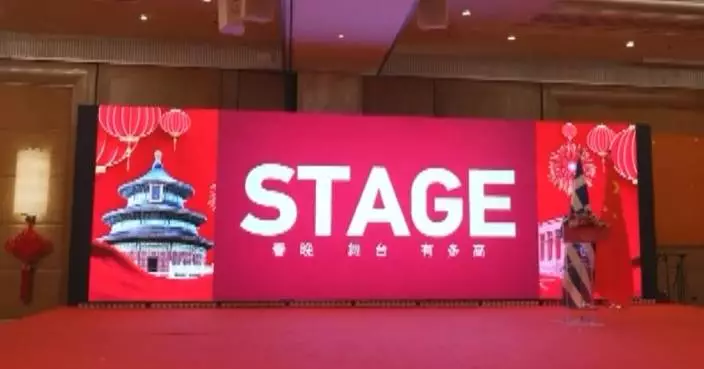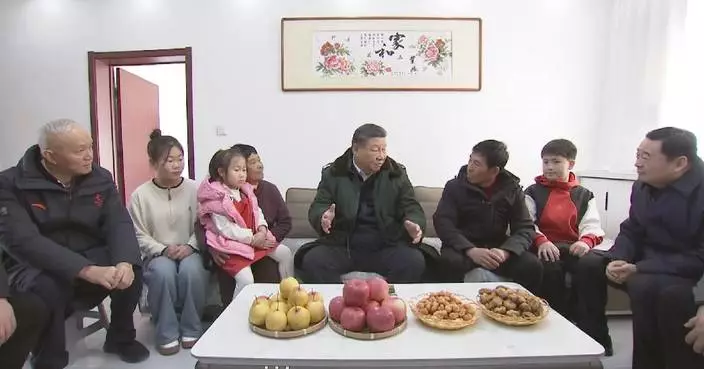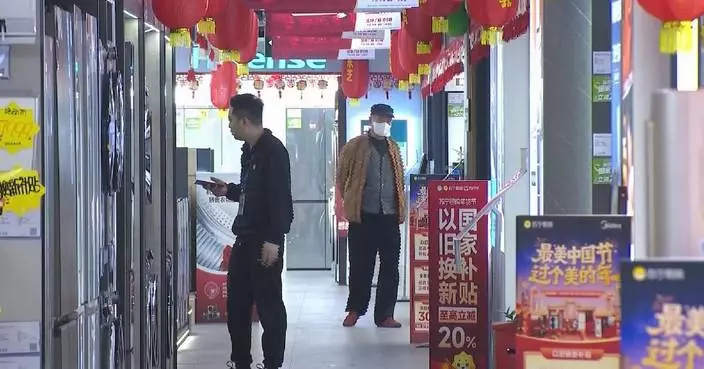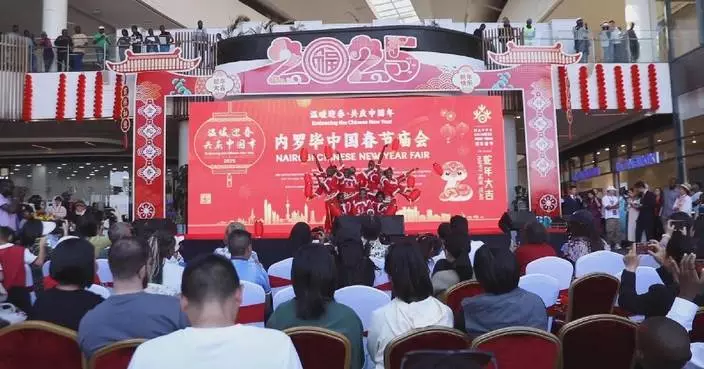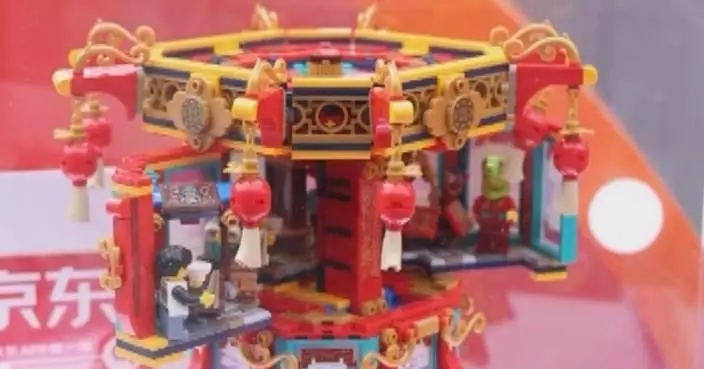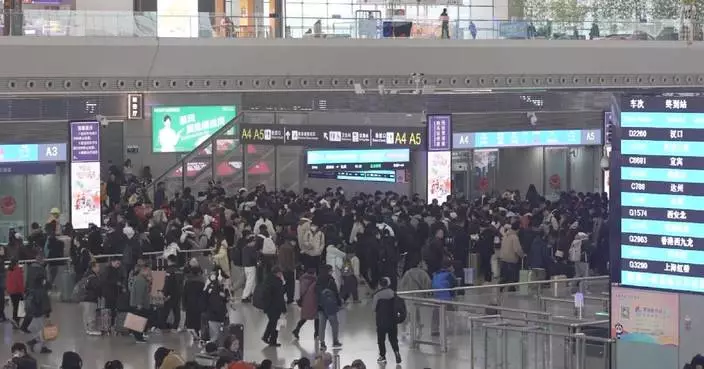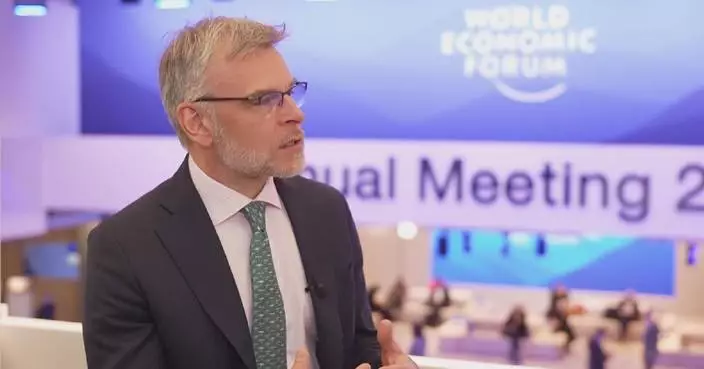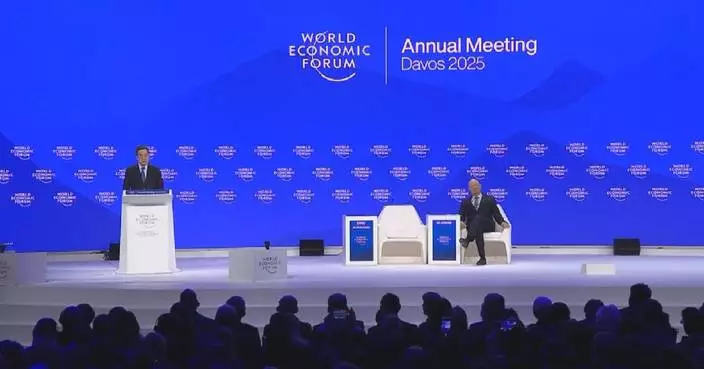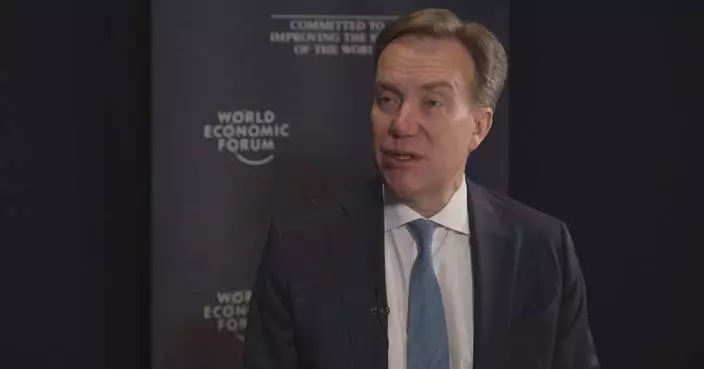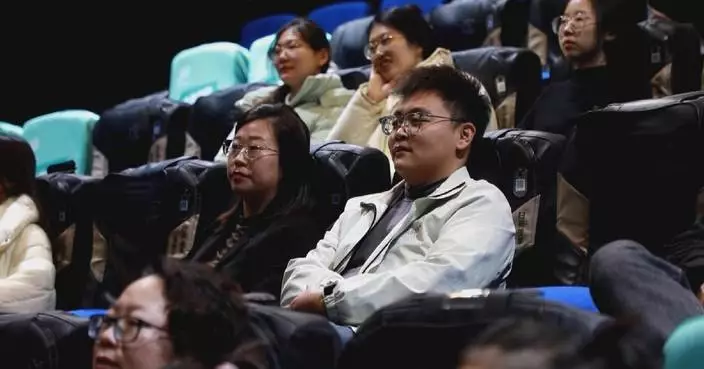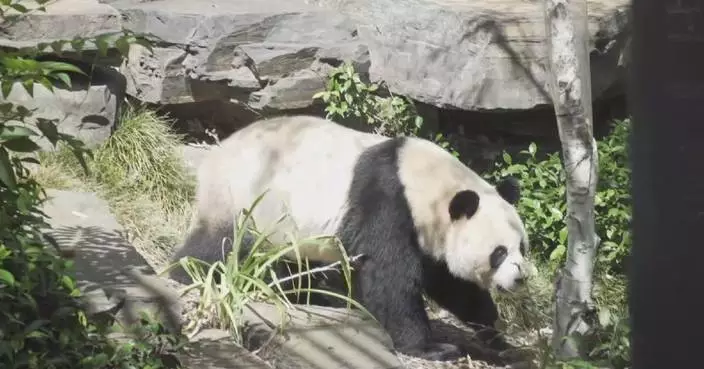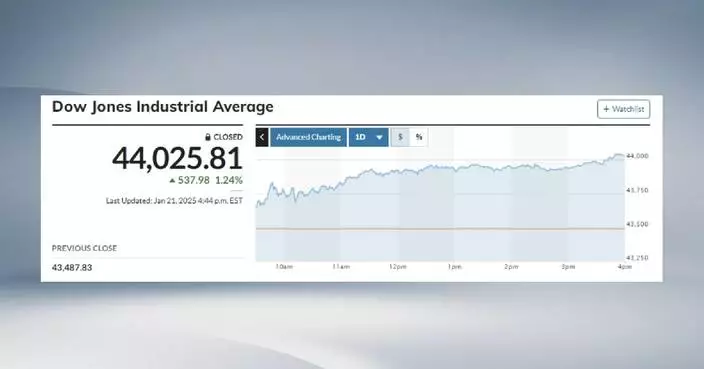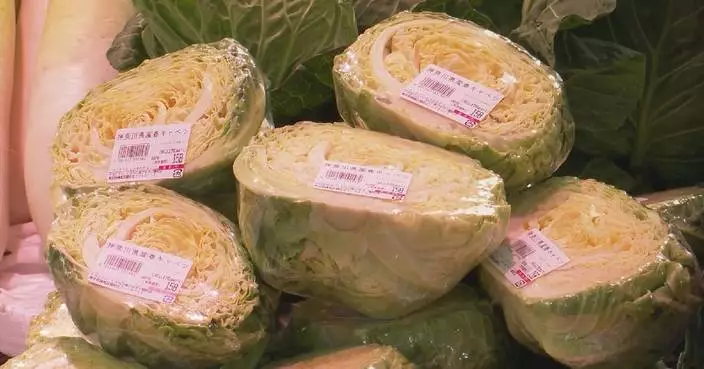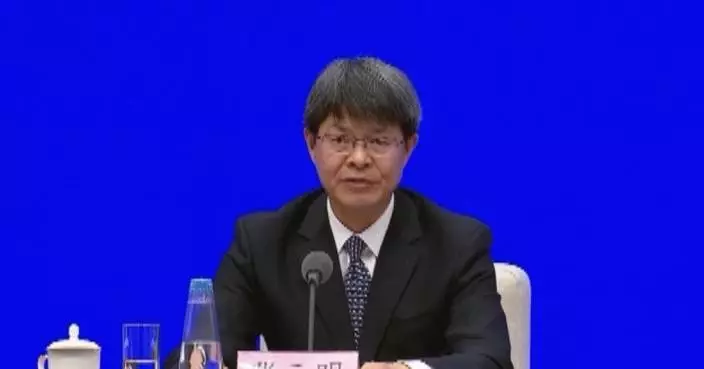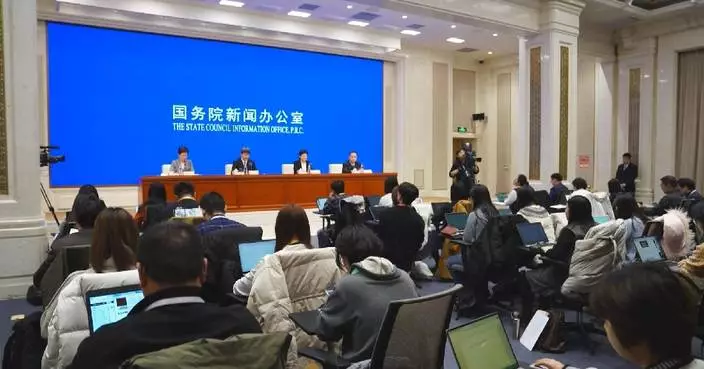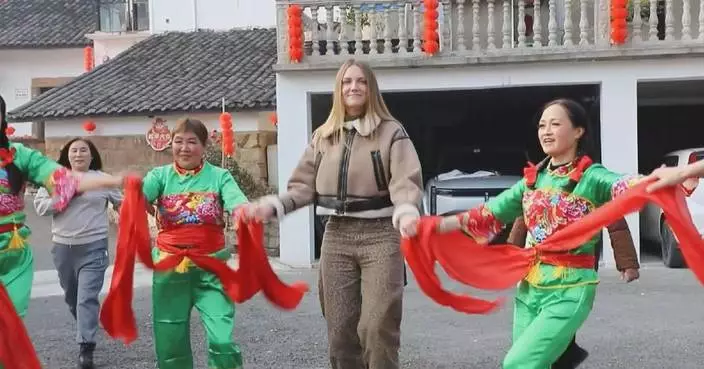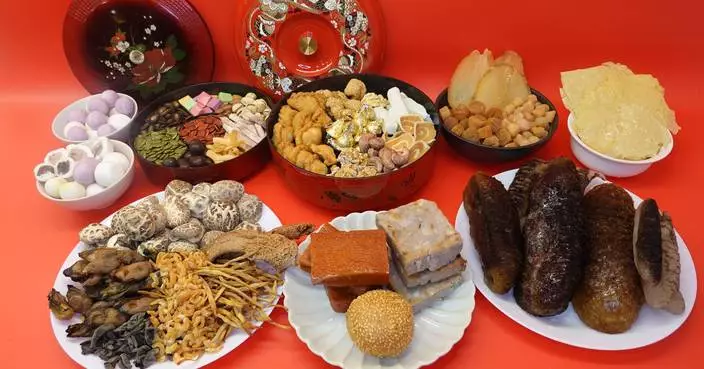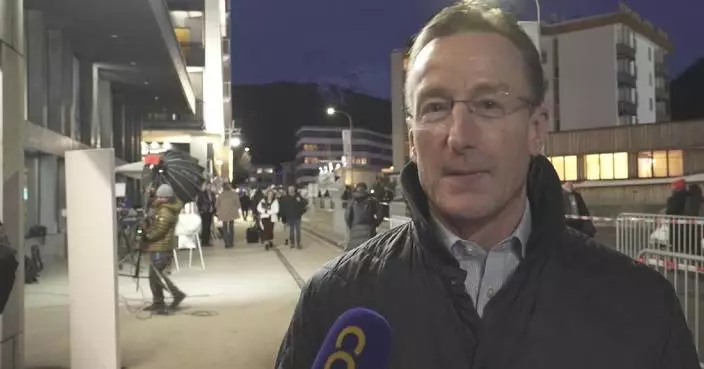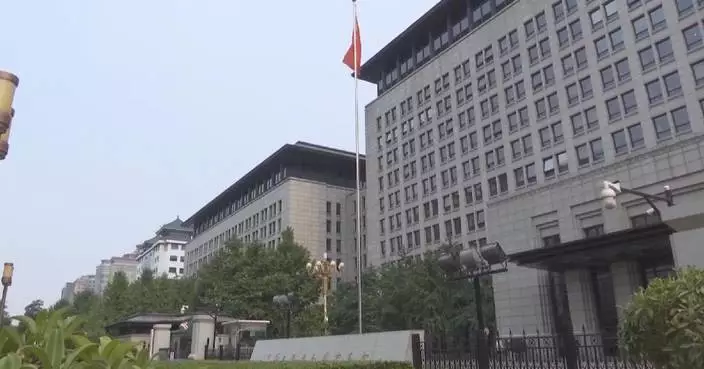Handmade mooncake bakeries in Henan and Shanxin are speeding up production for both traditional and new flavors as the Mid-Autumn Festival draws closer.
In Xiangcheng City of central China's Henan Province, a local mooncake shop is a hive of activity ahead of the upcoming festival. The owners have introduced a variety of mooncake fillings, while allowing customers to bring their own ingredients to make customized mooncakes.
"We can sell hundreds of kilograms of mooncakes every day, and sometimes almost 5,000 kilograms. Besides the traditional five-kernel mooncake, we also have egg yolk, pepper salt, and beef-flavored mooncakes," said shop owner Song Xuan.
In Henan's Shangqiu, a handmade mooncake bakery is working full tilt to cater for diverse customer preferences, with the bakery introducing options such as sugar-free mooncakes.
"We open at 6 a.m., and the customer flow doesn't stop until evening. We can sell around 300-400 kilograms of mooncakes every day now," said bakery keeper Cao Tongbing.
In Xiangning County of northwest China's Shanxi Province, the distinctive "hollow mooncakes" are in high demand. These mooncakes are known for their crispy crusts and hollow interiors filled with melted and caramelized nuts, raisins, and sugar.
The Mid-Autumn Festival is a significant traditional Chinese festival celebrated on the night when the moon reaches its fullest and brightest on the 15th day of the eighth month on the Chinese lunar calendar.

Traditional handmade mooncakes see surge in popularity in Henan, Shanxi
An official with the World Economic Forum (WEF) has stressed the importance of establishing an adaptable mechanism for dialogue and cooperation that allows the global economy to fully benefit from the development potential of new technologies while managing the associated risks.
Mirek Dusek, one of WEF's managing directors, was speaking on the sidelines of the 2025 WEF Annual Meeting, which commenced in Davos, Switzerland on Monday.
The five-day event has gathered around 3,000 participants from various regions and industries around the world under the theme "Collaboration for the Intelligent Age," highlighting the need for greater collaboration against a backdrop of rapid technological advancements and global divisions.
In an interview with the China Global Television Network (CGTN) on Tuesday, Dusek said WEF is monitoring "two big forces" they believe are changing the world economy.
"On one hand, we are living through quite a unique time in terms of technological advancement and innovation. But on the other hand, of course, we are also tracking forces of fragmentation. We are seeing a more competitive geopolitical landscape, shifting value chains and supply chains, and of course, also social polarization in certain societies around the world," he said.
With the current uncertainties in the world, Dusek stressed the importance of building a suitable platform for dialogue, and ensuring that such a mechanisms is adaptable to respond to the various challenges.
"Given the trends that we are seeing in the global economy, in international relations, that function of bridging and dialogue could not be more important. It's very important that we have mechanisms where we can have dialogue and cooperation, and of course, we also need to be on the front foot of thinking, 'Okay, how do we make sure that the collaborative mechanisms are fit for the 21st century?'" he said, adding that this will be one of the focuses of the current Davos meeting.
Dusek also emphasized China's vital role in promoting global economic growth and technological development, describing the country as a "key actor" in helping the world transition to a new era of tech-driven development.
"Everyone understands that we need to be on our front foot, really thinking creatively around how do we relaunch growth that is inclusive, sustainable. But how do we relaunch growth in this new situation for the world economy? And China plays a very important role in that endeavor, on development, on trade, of course, as well. On technology, I mentioned the theme, 'The Intelligent Age'. What we are trying to communicate with that is that there is a huge opportunity around some of these technologies. What is quite special is that it's not only one technology, but we are seeing, at this moment, whole sets of technologies that are going to market and exponentially changing industry and economy. If we have this huge opportunity around these technologies, how do we design [not only] our dialogue mechanisms, but also our collaborative mechanisms to be able to harness these technologies for the benefit of the world economy while taking care of the risks," he said.
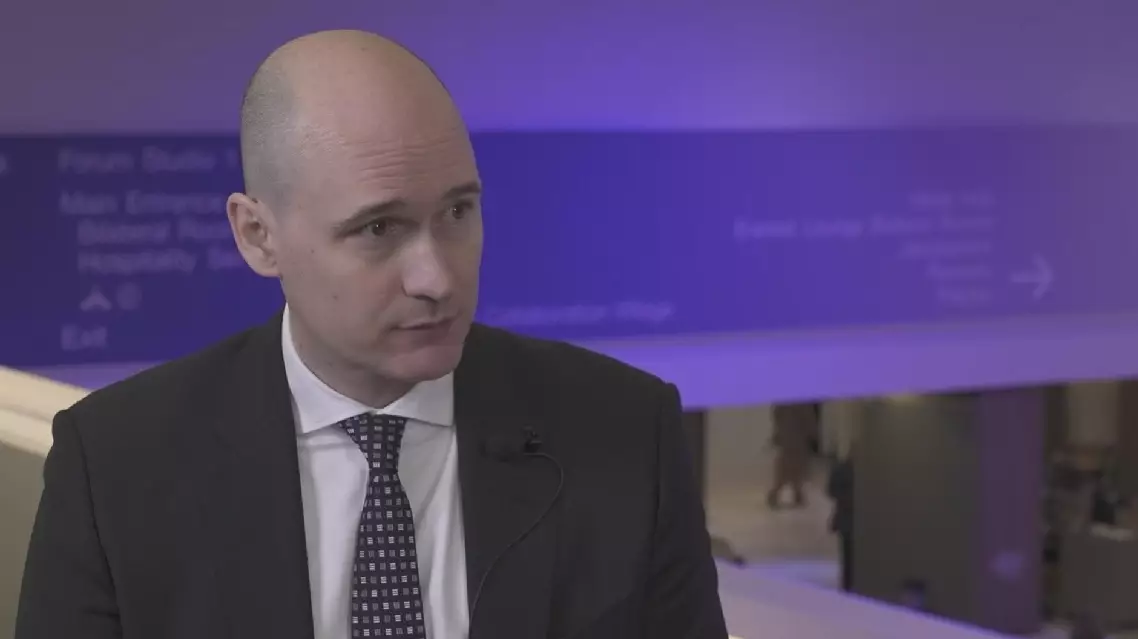
WEF official calls for mechanisms to foster dialogue in new tech era, boost world economy





